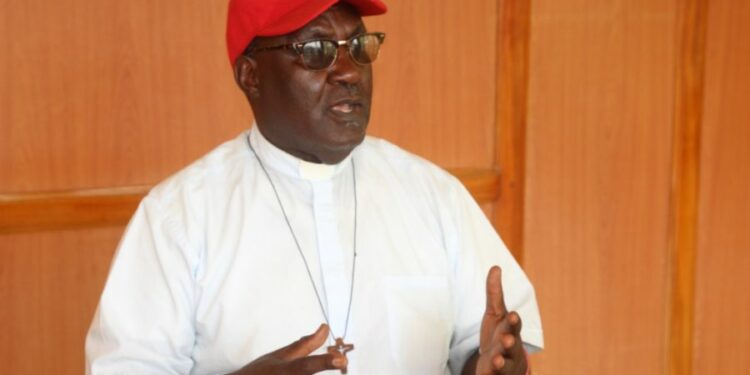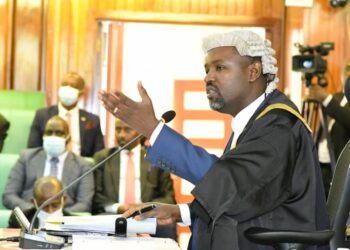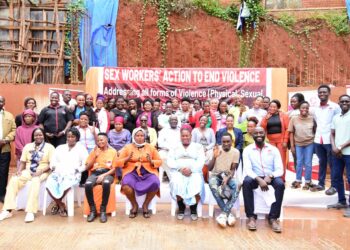The Chairperson Inter-Religious Council of Uganda -IRCU, Kigezi Chapter, Rvev. Fr. Gaetano Batanyenda has hailed Government for making the decision to halt creation of more cities.
The Outspoken Former Priest of Kitanga Parish in the Kabale Diocese was reacting to the communication by the State Minister of Finance (general duties) Henry Musasizi in which he revealed that Government had decided to halt creation of Kabale City and other administrative units, explaining that the cities had turned into an economic burden to the Country.
He was referring to a 2020 Parliamentary resolution that approved creation of 15 new cities in addition to the capital, Kampala.
The new cities were supposed to be operationalised in clusters beginning 1 July 2020, through to July 2023 with Jinja, Mbarara, Gulu, Mbale, Arua, Fort Portal and Masaka taking effect in the Financial Year 2020/2021.
The second cluster of cities covered Hoima, Lira and Soroti scheduled for operationalization by 1 July 2021, followed by Entebbe that would take effect as a city on 1 July 2022. The last cluster would be Moroto, Nakasongola, Kabale and Wakiso cities scheduled for operationalization on 1 July 2023.
“We have come to realize that these cities are not adding much to the improvement of livelihoods, apart from creating more political jobs such as RCCs, Lord Mayors, etc, and so, consuming a lot of funds that would rather be channeled to social services and other programs for economic empowerment,” Musasizi said.
Fr. Gaetano agrees with Musasizi that cities and more other administrative units are an economic burden whose pinch is mostly felt by the low income earners.
The former Kabale Municipality Mayor observed that those crying for the cities were only looking for jobs in the Government while they ignored the plight of Ugandans languishing in poverty due to the high cost of administration that results from fragmenting local governments.
“Majority of them are the Ugandans who were promised jobs during the last elections. Their only hopes remain in the creation of administrative units, no matter how that will impact the economy,” he added.
Fr. Gaetano argued that the low income earners should not be deceived into fighting for the city statuses since some business tycoons in Kampala were waiting for opportunity to expand their empires in the new cities, technically displacing those who can’t meet the policy standards of the city, due to financial constraints.
“What our people do not know, cities are for people with large financial muscles. City councils may for example design physical planning policies that favor only those with large sums of capital. This would literally mean that the low income earners have no space in the cities,” he said.
Fr. Gaetano further said that Uganda’s focus should now be on reducing the debt burden, by fighting corruption and cutting unnecessary Government expenditure. He added that God himself could be shaking his head at the debt burden faced by Uganda.
“Can you imagine some Ugandans expect Government to borrow more money for operationalizing cities? Did you see the ministry of finance announcing that they are choking with unpaid loans? I think God himself must be shocked at the rate of borrowing in this country,” he said.
In a revised budget call circular issued last Friday, Finance ministry Permanent Secretary Ramathan Ggoobi stated that Government was in crisis because the debt burden was increasing while revenues were not increasing proportionally. So, a decision was made to stop borrowing new loans Uganda was heading to debt trap.
Uganda’s public debt stands at Shs86.6 trillion as of June 2022, according to the Auditor General report for the financial year 2021/2022, and rising.
Do you have a story in your community or an opinion to share with us: Email us at editorial@watchdoguganda.com













